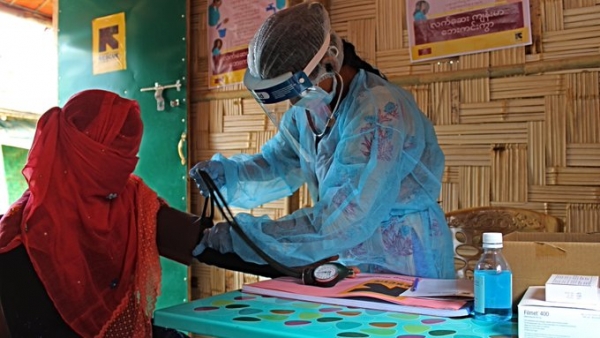COVID-19 testing is extremely restricted in low-income countries, especially in those conflict areas where people experience a wider deprivation of freedom and rights. Further difficulties affect women for what concerns the access of the health system due to discrimination and gender inequalities.
Pakistan, Afghanistan, Yemen, Central African Republic, and Chad are countries that reported less than 30% female COVID cases over the whole population. Although studies have proven that men are more likely than women to end up in hospitals and die because of the infection, the percentages of female cases in those countries seems contradictory with respect to richer countries where the percentage is closer to 50%.
Despite the World Health Organisation (WHO) requests, not all countries report the sex and age of pandemic victims. Consequently, it is not possible to provide a reliable interpretation of these data. Nonetheless, the International Rescue Committee (IRC) warns that women may be denied testing and their health could be compromised. Moreover, women may be suffering the most because of the coronavirus, due to increased domestic sexual abuses, unpaid job predisposition, limited access to information networks, and gender discrimination. Therefore, the IRC has launched a US $30 million appeal to the United Nations in order to reduce the spread of the virus among the world’s most vulnerable countries.
To know more, please read:
https://www.coe.int/en/web/genderequality/reactions-by-other-international-organisations
Author: Carla Pintor




